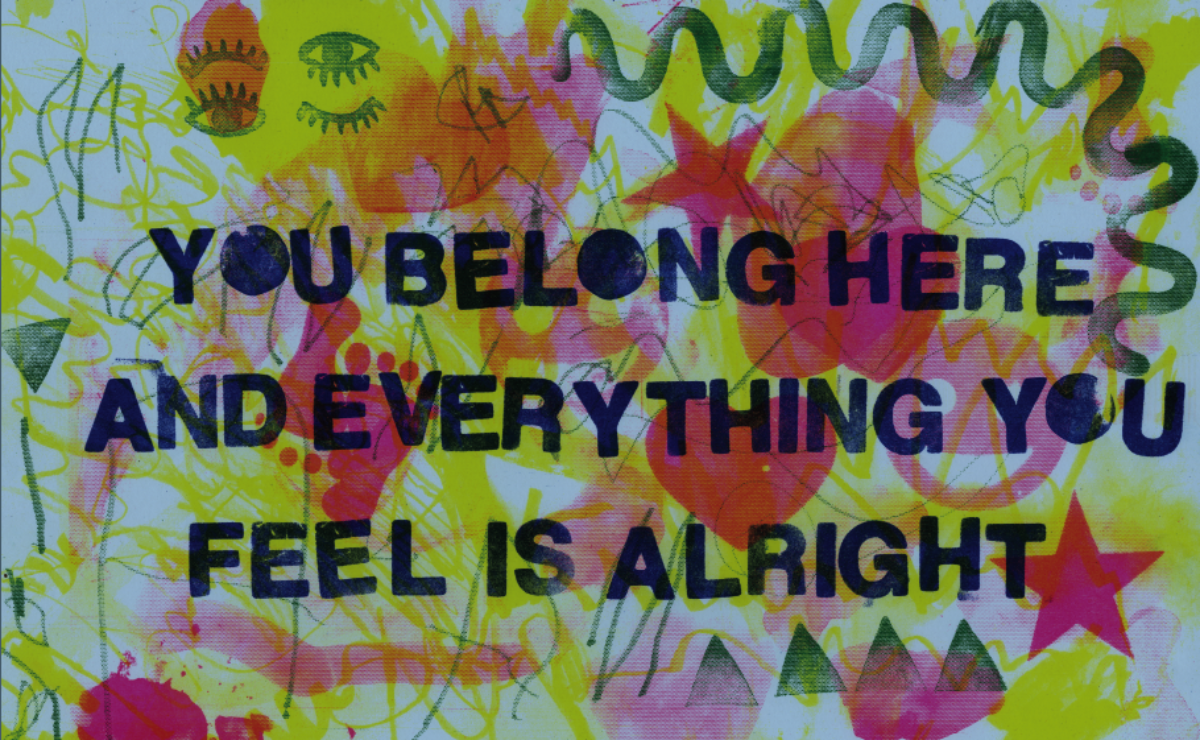In this weeks text there were a few common themes in each text. While analyzing the text I came across two themes which are: the conditioning of women and the liberation of women. The main problem I see in this time period (mid 1960s to early 1970) is that women were conditioned to be a certain type of way in order to be deemed acceptable and weren’t allowed to live outside the world of women without being seen as threat to the dominated patriarchal oppression placed on them. The main concern is collectively liberating women from the shackles of a sexist society while raising women awareness to the systematic and politic oppression they face. It isn’t only a women’s rights violation, it’s a human rights violation.
The the article, “I Want a Wife” the author, Judy Brandy, speaks of wanting a wife after having a conversation with a friend. The author then processed to list social roles, or expectations set for people occupying a given or born role in society. Women are expected to perform certain task due to their status in society and the belief of western society. Judy does a good job at listing these role in a theoretical life scenario. She expects her wife to cook, clean, take care of the kids, take care of home, listen to conversation and basically be a therapist in one shape or form. She exemplified what is expected of a “good wife”. Then there was, “Women Liberation: Aims to free men too” by Gloria Steinem. In this article the author begin with a brief explanation of the women’s liberation movement and ways in which men can ally themselves with women. She also speaks of her own ignorance of the women liberation movement, comparing it to that of home economics. Next, the author get into some necessary but short conversation. Exposing the parallels of the struggles of the Women’s Liberation Movement and that of the Civil Rights Movement. Steinem speaks on the mistreatment of women and Afro Americans within the United States society. One line that stood out to me was, “The truth is that a woman with a college degree working full time makes less than a black man with a high school degree working full time. And black women make least of all.” The is a clear disparity in all of this. In my opinion, especially during these times black women had it worst than any group whether in the women liberation movement or the civil rights movement. In both groups they were essentially pushed to the back and barely got, if any, recognition. Many black women, before the women’s liberation movement, spoke against the disparities they face simply trying to be human. One women in particular named Fannie Lou Hamer gave a speech at Washington D.C, on Mississippi and Civil Right on June 8th 1964. During this speech she addressed that she was a sharecropper and was being evicted from her home of several years because she went down to the court to register to become a first class citizen in order to vote. All this women wanted to do was vote, a simple human right, and they tried denying her of that right by giving an ultimatum; either withdraw your voting registration or leave the premisses (plantation). While reading Gloria Steinem’s article it reminded me of the extra pain black women had to endure due to the intersectionality that they faced. We must all evaluate the privilege we may have in this society so that we can identify the best way to serve women and be their allies.
